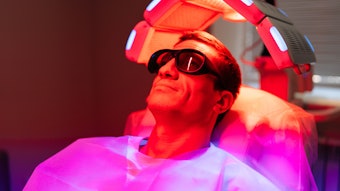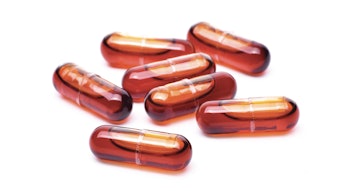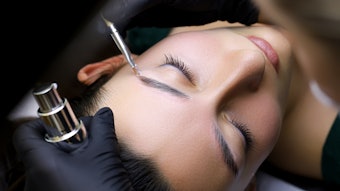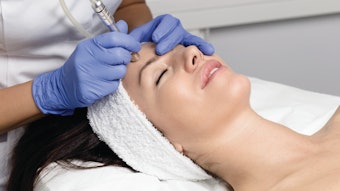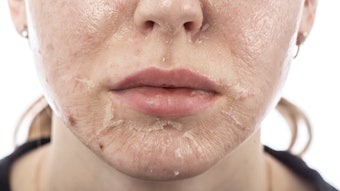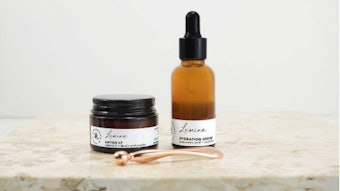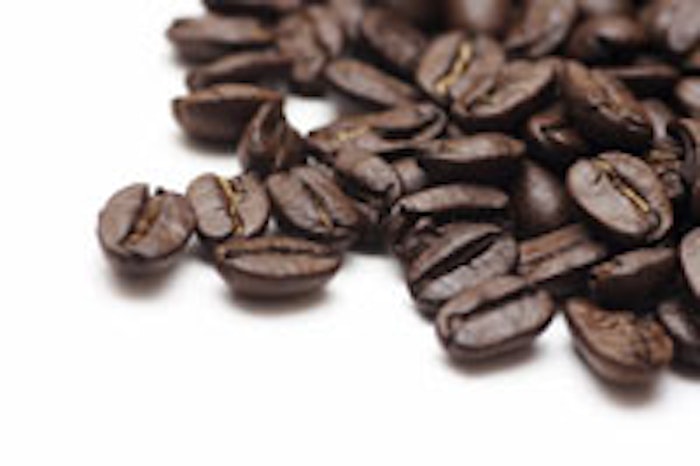
Studies in animals suggest that caffeine administration helps prevent squamous cell skin cancer development, but there have been limited epidemiologic studies on the association between caffeine consumption and skin cancer risk. Researchers prospectively examined risks of basal cell carcinoma (BCC, 22,786 cases), squamous cell carcinoma (SCC, 1,953 cases), and melanoma (741 cases) in relation to caffeine intake.
The amount of caffeine intake from all dietary sources was inversely associated with BCC risk. Compared with the lowest quintile, the highest quintile had the lowest risk. A significant inverse association was also found between caffeinated coffee consumption and BCC risk. Compared with individuals who consumed caffeinated coffee less than 1 cup per month, women who consumed more than 3 cups per day had the lowest risk and the RR for men was 0.90.
Caffeine from other dietary sources (tea, cola, and chocolate) was also inversely associated with BCC risk. Decaffeinated coffee consumption was not associated with a similar decrease in BCC risk. In contrast, caffeine intake was not found to be inversely associated with risks of SCC or melanoma. The researcher's findings argue that caffeine intake in men and women is inversely associated with risk of BCC. Further studies specifically confirming this association are warranted.
The full study can be viewed here.
